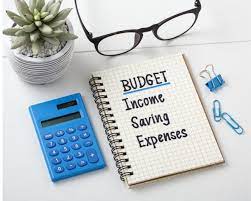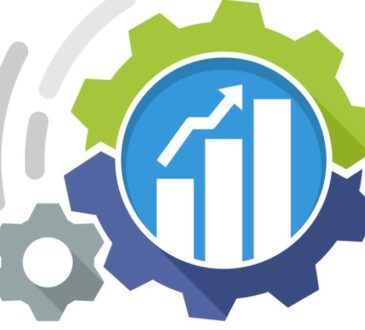
How do I avoid living paycheck to paycheck?
As this year concludes, you might wonder if it’s necessary to start over if you discover yourself with excessive debt amounts that go far above a mortgage. Luckily, several tested budgeting techniques may assist you in the beginning in working toward your financial objectives.
Below are five budgeting techniques that can completely revamp your financial situation:
- The Envelope Budget
The first step of budgeting by envelopes in the procedure is to decide how much cash you need to use on discretionary items such as groceries, eating out, clothes, and other expenditures. Then, you divide the money into envelopes for each spending category.
Envelope budgeting has the advantage that you allocate a predetermined sum of money to several categories and cease expenditure when it is used up. This can prevent you from mistakenly exceeding your expenditure limitations and from overpaying. Setting expenditure restrictions might also free up money you can use for other objectives.
- Budget Focused on Zero
Another approach to think about is zero-based planning, which frequently works effectively for those who have significant financial objectives shortly. Households determine how much money they make in a given month when they use zero-based spending. After entering this amount, they tally up all of their necessary costs and expenditures in a different category.
Users of zero-based budgeting must keep track of their expenditures every month to ensure they are keeping under their budgets for variable expenses. Zero-based budgeting aims to eliminate waste and guarantee that every penny has a use.
- 50/30/20 spending
You don’t need to create detailed plans for each dollar you make when you have a 50/30/20 plan. With this budgeting, you have a bit more leeway to live your life as you choose while focusing on increasing your investments and decreasing your debt.
- Budget for paying off debt
The loan repayment plan follows a strict budgeting method designed for those who need to pay off their debts as soon as possible. With this form of budget, you’ll calculate your earnings and compare them to your needed monthly expenditure and the minimum payments due on credit cards and loans. You’ll dedicate all of your spare money toward repaying your debts as quickly as possible after paying all of your necessary payments. The debt payback budget should only be utilized for a short period.
- Budget for paying yourself first
Among the most adaptable choices is the Pay-Your-Self First plan. According to this budget, you should devote most of your earnings to savings, investing, and routine bills and costs. You can also set aside money every month to pay off debt.
Treating yourself first is crucial in avoiding unintentionally using funds set aside for existing debt or savings. You may use the remaining funds in the Pay-Yourself-First Plan as you choose.
Each budgeting method shown here may be effective if you wish to pay off debt or begin saving money for the future. The most crucial stage is just starting, regardless of whether you utilize budgeting software or prefer traditional pen-and-paper tactics.




